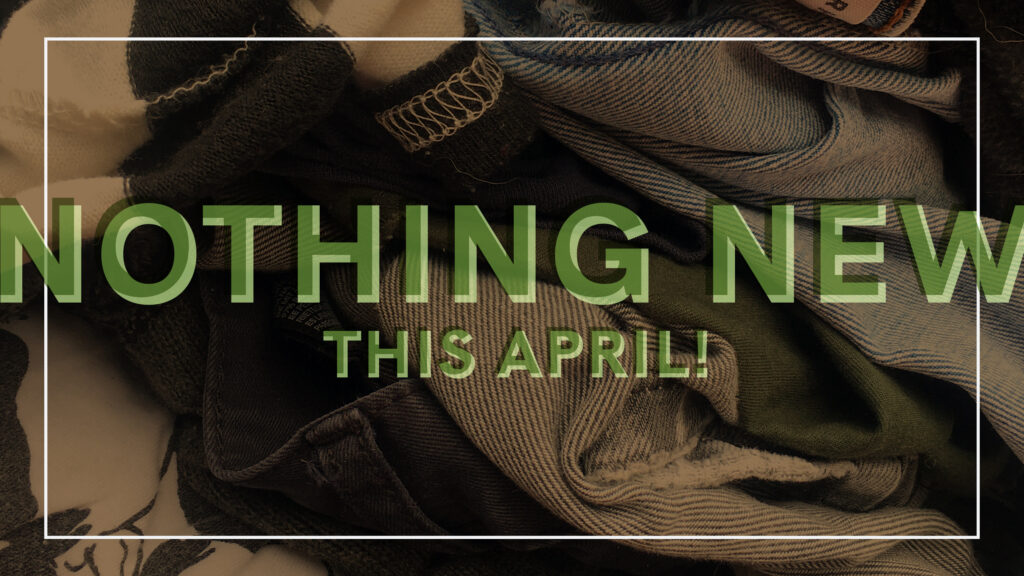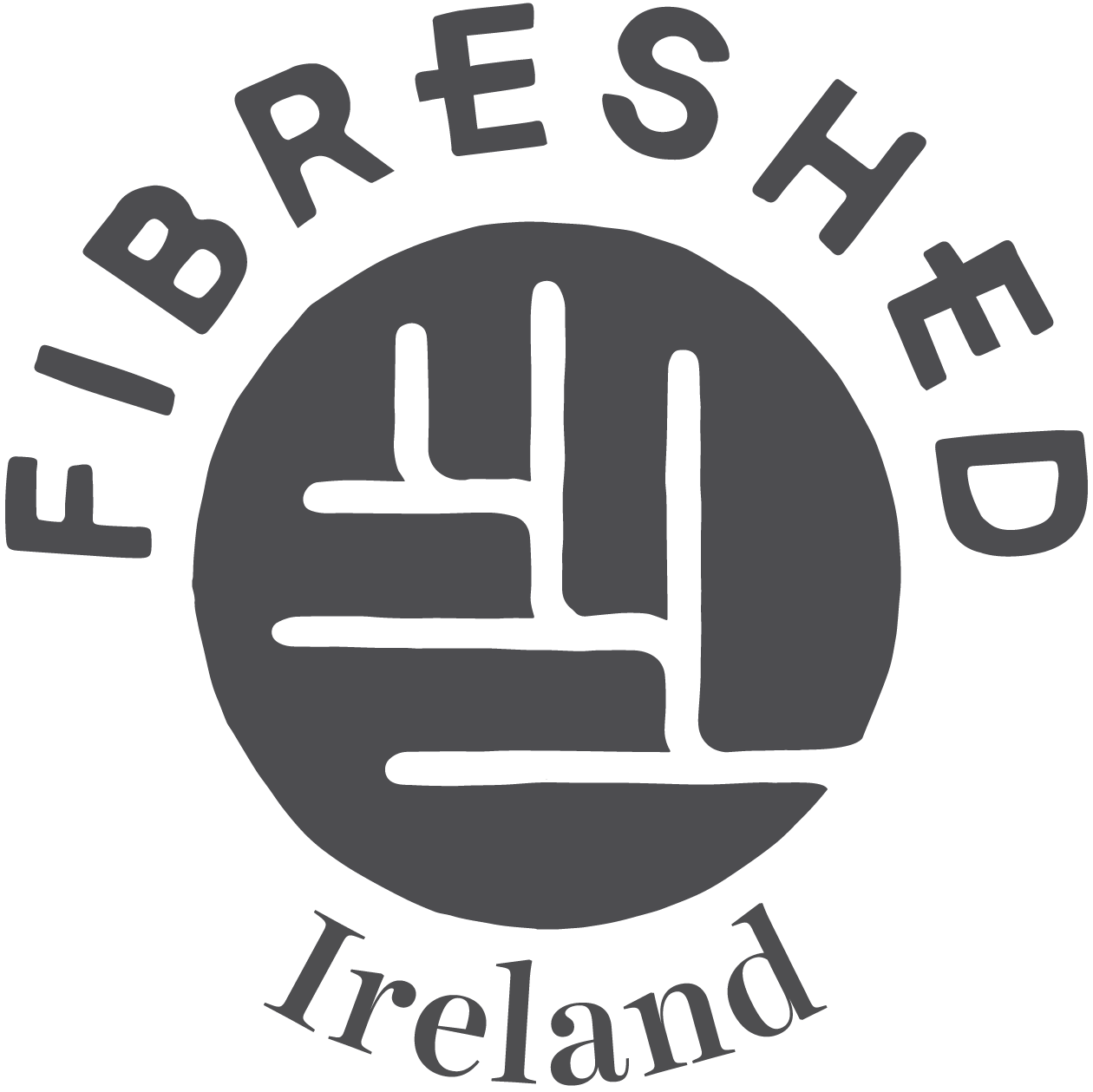Celebrate Fashion Revolution Week 2023 with Fibreshed Ireland this April.
Fashion Revolution Week unites the world’s fashion activists for 7 days of action in creating a more sustainable and equitable fashion industry. This year, Fibreshed Ireland is showing their support by hosting a series of free online tutorials to help shift our attitudes to our wardrobes and promote a reduction in our island’s textile waste.
The fast fashion industry is one of the most exploitative and polluting industries going. Our current textile systems are founded upon a globalized take-make-waste culture of disposable textiles. The global fashion industry, valued at over $1.7 trillion in 2022, is largely dependent upon an underpaid and exploited workforce producing low-cost-low-quality items from plastic (check your clothes labels folks – if you see ‘acrylic’, ‘polyester’ or ‘nylon’, it means you are wearing plastic – derived from petroleum – pure fossil-fashion with devastating environmental and human costs).
In response to the growing awareness of the immense negative impacts which our current textile culture has on both people and planet, many consumers are looking for ways to reduce their fashion footprint. As a result, many fashion brands are jumping on the Go Green bandwagon with labels touting ‘sustainable’, ‘eco’ and ‘conscious’ (alongside a rather inflated price tag).
However, the reality is that the biggest action every one of us can do with regards to our clothing choices is to simply buy less. At present, Ireland is hugely dependent upon imports of globalized fast fashion to supply our textile demands, and our demands are pretty huge. Actually, there is nothing pretty about it: Ireland consumes more than double the EU average in textiles each year and is responsible for over 110,000 tons of non-recyclable, highly polluting textile waste each year – that’s over 300tons of textile waste EVERY DAY being sent to landfills, incinerators and exploitative and polluting secondhand textile markets in Africa.

With this in mind, Fibreshed Ireland is launching a ‘Nothing New’ approach to clothes this month, encouraging us all to think twice when we decide we need a new outfit: How much do I really need a new outfit? Does that need really justify the costs involved (environmental costs, social costs)?
Rather than buying another ready-made, off-the-shelf item with dubious environmental and social impacts, perhaps we could buy vintage, shop secondhand or up-cycle something old instead. By doing so, we dramatically reduce our textile footprint and help to create a meaningful shift in our island’s approach to fashion and textiles.
‘Visible mending’, where old clothes are repaired in ways which emphasis the repair rather than hiding it, is a growing fashion trend and is helping to challenge and change the relationship we have with our clothing. Unlike much of Ireland, where we really love our Sunday-best-bling, some cultures and communities have a long tradition of celebrating textiles that are old – the older the better – seeing their rips and repairs as a testament of their longevity, strength and depth of story. The rising popularity (or appropriation?) of the Japanese stitching practice, sashiko, is also testament to our changing attitudes regarding our wardrobes.
The ‘Nothing New’ campaign will see Fibreshed Ireland host a series of free online tutorials and events to celebrate Fashion Revolution Week 2023 and the Fashion Revolution 10 point manifesto for a more ethical and sustainable fashion industry. The tutorials will be delivered through Zoom and will cover key mending and up-cycling skills including darning, creative felt repairs for your woolens and dying with plants to give clothes a new lease of life. For more details, and to sign up for the tutorials, visit https://fibreshedireland.ie/buy-nothing-new-this-april/
Fashion Revolution is a global network of fashion activism, spanning 75 countries, working to build support for a fairer fashion that conserves and restores the environment and which values people over growth and profit.
